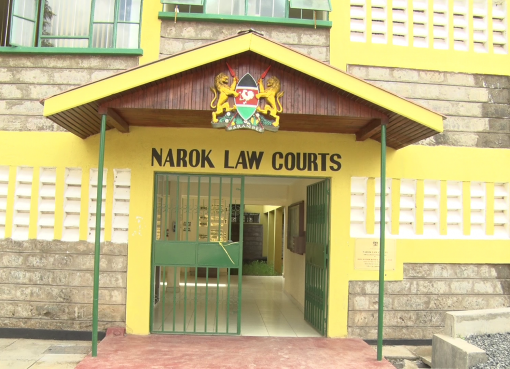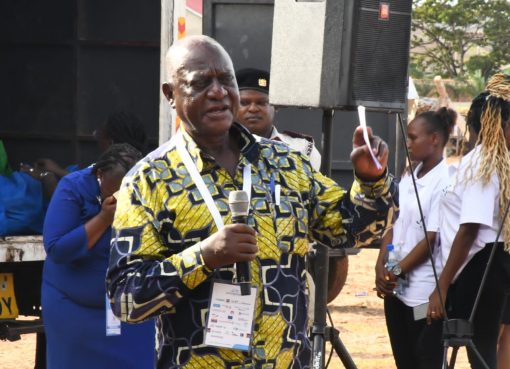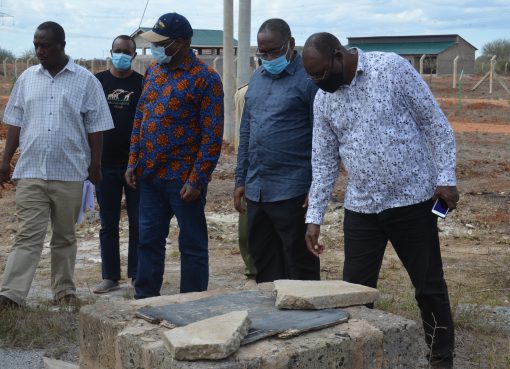Participants at a County Education dialogue forum aimed at improving the Competency-Based Curriculum (CBC) have highlighted delayed release of schools’ capitation, insufficient number of teachers in core teaching subjects, inadequate infrastructure and lack of text books as major challenges hampering implementation of CBC.
Education stakeholders in Kakamega want the government to provide qualified special education teachers to ensure students with disabilities or special needs receive quality education.
During the dialogue meeting that brought together key stakeholders in education quality and learning outcomes held at Kakamega School, participants asked the government to move with speed and address those challenges as learners prepare to transition to senior secondary schools (SSS) next year.
Maureen Musalia, from the Kenya Union of Special Teachers (KUSTE), said that special education teachers are instrumental in fostering inclusive education by providing personalised support to students with diverse learning needs.
She lamented lack of braille for visually impaired children as well as unfriendly buildings for people with disabilities (PWD’s).
Representatives of PWDs lamented that some teachers being posted to special schools lack proficiency in sign language, saying this was hurting learners in those institutions.
Kenya Secondary School Heads Association (KESSHA) voiced concern about delays in disbursement of capitation and the impact on schools’ operations.
Michael Amukowa Ochiel, Chairman of KESSHA in Kakamega County said the delay also hurt co-curriculum activities including school games.
“Heads can’t take pupils for sporting activities, yet physical education (P.E.) and talent development were key in CBC curriculum,” he pointed out.
Kenya Union of Post Primary Education (KUPPET) Executive Secretary Harrison Otota raised concern over shortage of qualified teachers in Science, Engineering and Mathematics (STEM) subjects, which has hindered access to quality education in schools.
“How can schools implement STEM-related courses without laboratories? he queried and proposed that junior secondary schools should be allowed to be independent institutions.
Private schools complained of discrimination by the Teachers Service Commission when rolling out training, saying they only train those from public institutions.
Through their representative, private schools said TSC restricts itself to employing only teachers registered with them but later poaches them out after they have trained them.
Steven Barongo, a senior director at the ministry of education said the government has put up 1600 junior secondary school (JSS) classrooms in the three counties of Kakamega, Bungoma, Busia and Vihiga.
He said the government will address the concerns raised and called for continued teamwork amongst all stakeholders to ensure success of the education system.
Teachers Service Commission (TSC) submitted that 60,642 JSS teachers have been trained on CBC and that the training and re-tooling were ongoing through live stream lessons.
By George Kaiga





